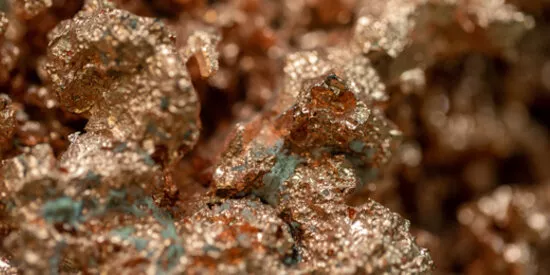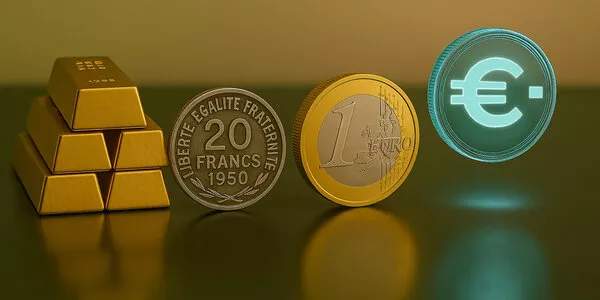
“Fed” Up with Carbon: Central Banks & Climate Change
In this episode, Kokou explores the delicate balancing act that central banks must perform as they seek to be independent in ensuring that inflation remains under control, while at the same time contributing to economic and financial stability and playing a central role in the fight against climate change. There is more to central banking than meets the eye.
Should the world's central banks (Fed, ECB, BoE...) launch a coordinated "green quantitative easing" programme to simply print the $3.5 trillion a year needed to finance the energy transition? Is this a realistic solution or too green to be true?
This episode of the 2050 investors podcast puts the 'central' back in central banks. Since their creation in the 17th century, central banks have been tasked with managing monetary policy, overseeing the banking system and the core mandate of maintaining 'price stability'. But climate change is becoming a major threat to their mandate, posing a real risk to economic and financial stability in the medium to long term.
Don't worry if you've forgotten your Economics 101 course, or if you've never taken one, because we're going to give you a quick crash course in the complicated role of the central bank, using references from the series Money Heist (La Casa de Papel) and the wonderful and magical world of Lord of the Rings.
And, of course, we take you down memory lane with a brief history of central banks and their evolution from
World War I through 20th century Japan to the recent 'inflation outbreak' following the Covid19 pandemic.
Later in the episode you will hear extracts from an episode of "The ECB Podcast" entitled "Tackling climate change as a central bank, between motivation, obligation and limitation". Isabel Schnabel and Frank Elderson, Executive Board members of the European Central Bank, explain the role of the ECB's Corporate Sector Purchase Programme (CSPP), which buys green bonds issued by companies in order to reduce their carbon footprint.




